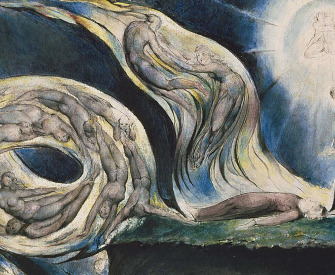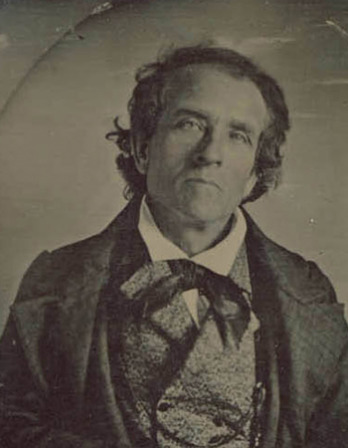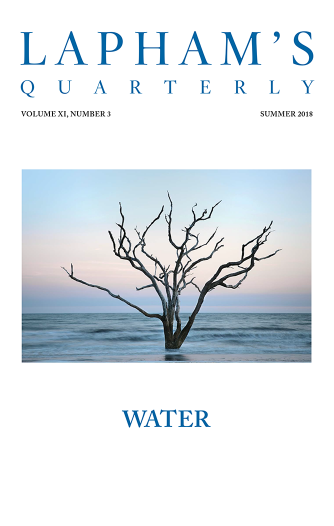In place of the old local and national seclusion and self-sufficiency, we have intercourse in every direction, universal interdependence of nations. And as in material, so also in intellectual production. The intellectual creations of individual nations become common property. National one-sidedness and narrow-mindedness become more and more impossible, and from the numerous national and local literatures, there arises a world literature.
The bourgeoisie, by the rapid improvement of all instruments of production, by the immensely facilitated means of communication, draws all, even the most barbarian, nations into civilization. The cheap prices of its commodities are the heavy artillery with which it batters down all Chinese walls, with which it forces the barbarians’ intensely obstinate hatred of foreigners to capitulate. It compels all nations, on pain of extinction, to adopt the bourgeois mode of production; it compels them to introduce what it calls civilization into their midst, i.e., to become bourgeois themselves. In one word, it creates a world after its own image.
The bourgeoisie has subjected the country to the rule of the towns. It has created enormous cities, has greatly increased the urban population as compared with the rural, and has thus rescued a considerable part of the population from the idiocy of rural life. Just as it has made the country dependent on the towns, so it has made barbarian and semi-barbarian countries dependent on the civilized ones, nations of peasants on nations of bourgeois, the East on the West.
The bourgeoisie keeps more and more doing away with the scattered state of the population, of the means of production, and of property. It has agglomerated population, centralized means of production, and has concentrated property in a few hands. The necessary consequence of this was political centralization. Independent, or but loosely connected provinces, with separate interests, laws, governments, and systems of taxation, became lumped together into one nation, with one government, one code of laws, one national class interest, one frontier and one customs tariff.
From The Communist Manifesto. Assigned the task of drafting a statement for the Communist League in London, Marx and Engels worked for a month and a half on this foundational text, publishing it in February 1848—the same year that revolutionary movements swept across many European countries, among them France, Hungary, Denmark, and the German and Italian states. After Marx died in 1883, Engels published on his behalf the last two volumes of his Capital.
Back to Issue





